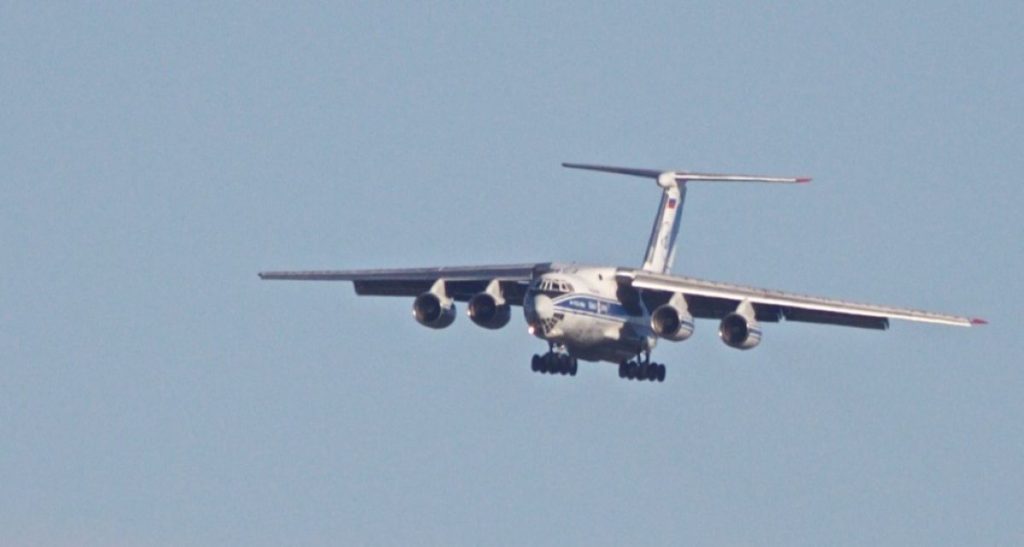Your leftovers may one day help power airplanes.
Others are reading now
Your leftovers may one day help power airplanes. Researchers at the University of Illinois Urbana–Champaign have developed a way to transform food waste into a clean, high-energy fuel capable of powering commercial jets — without requiring any changes to aircraft engines.
From kitchen waste to jet fuel
In a study published in Nature Communications, agricultural engineers detailed how they converted discarded food from processing plants into bio-crude oil using a process known as hydrothermal liquefaction (HTL). This method mimics how the Earth naturally forms fossil fuels over millions of years — only it does it in hours, using heat, water, and pressure.
The resulting oil is then refined into jet fuel through a two-step cleaning and upgrading process. First, impurities such as salts and moisture are removed. Next, the oil undergoes catalytic hydrotreating — a process that strips away unwanted elements like nitrogen and sulfur. The team found that a cobalt–molybdenum catalyst was particularly effective for refining the oil into the specific hydrocarbons required for aviation fuel.
The finished product passed tests set by the American Society for Testing and Materials (ASTM) and the Federal Aviation Administration, meeting all the technical standards for commercial jet fuel. “This fills a missing link in the circular paradigm,” said project lead Yuanhui Zhang. “We take the waste and recover the energy and materials to make a usable product.”
Closing aviation’s emissions gap
Aviation accounts for about 7 percent of U.S. greenhouse gas emissions, according to the Environmental Protection Agency, and remains one of the hardest sectors to decarbonize. Electric batteries can power small aircraft, but not long-haul jets, since jet fuel carries about 50 times more energy per kilogram than current lithium-ion technology.
Also read
Sustainable aviation fuel (SAF) — derived from renewable or recycled sources — could reduce flying emissions by up to 80 percent compared to conventional kerosene. The new food-waste-based version adds another potential feedstock to that growing list, offering a way to cut both emissions and waste.
Scaling the solution
For now, the breakthrough is proof of concept. Producing enough food-derived jet fuel to supply commercial fleets will require major industrial investment and infrastructure. “Our research helps solve the science and engineering problems, and then the industry can step in,” Zhang said.
If scaled successfully, the method could offer a circular solution for one of aviation’s toughest environmental challenges — turning yesterday’s leftovers into tomorrow’s takeoff fuel.
Sources: Nature Communications, University of Illinois Urbana–Champaign, EPA, Popular Science


